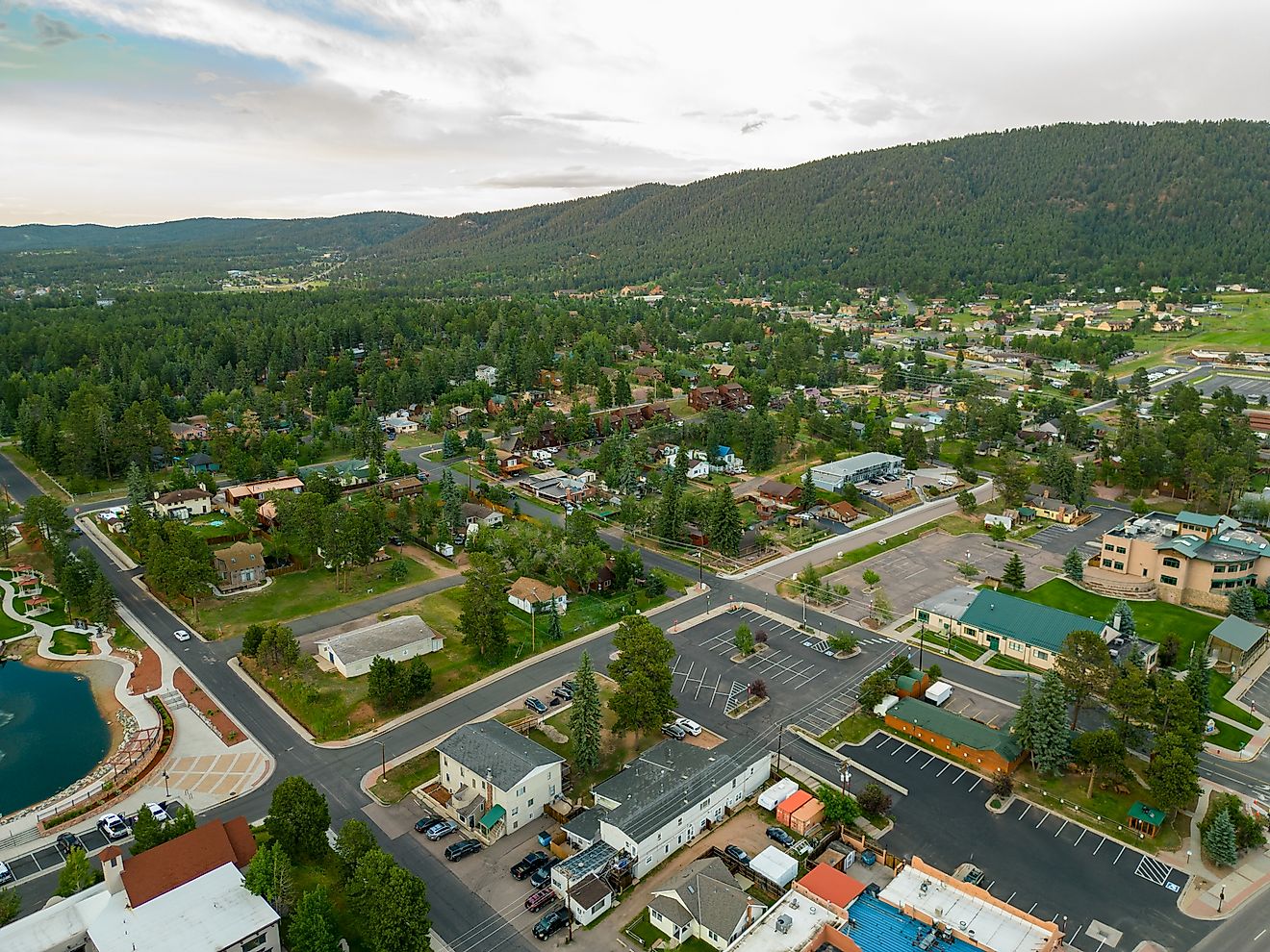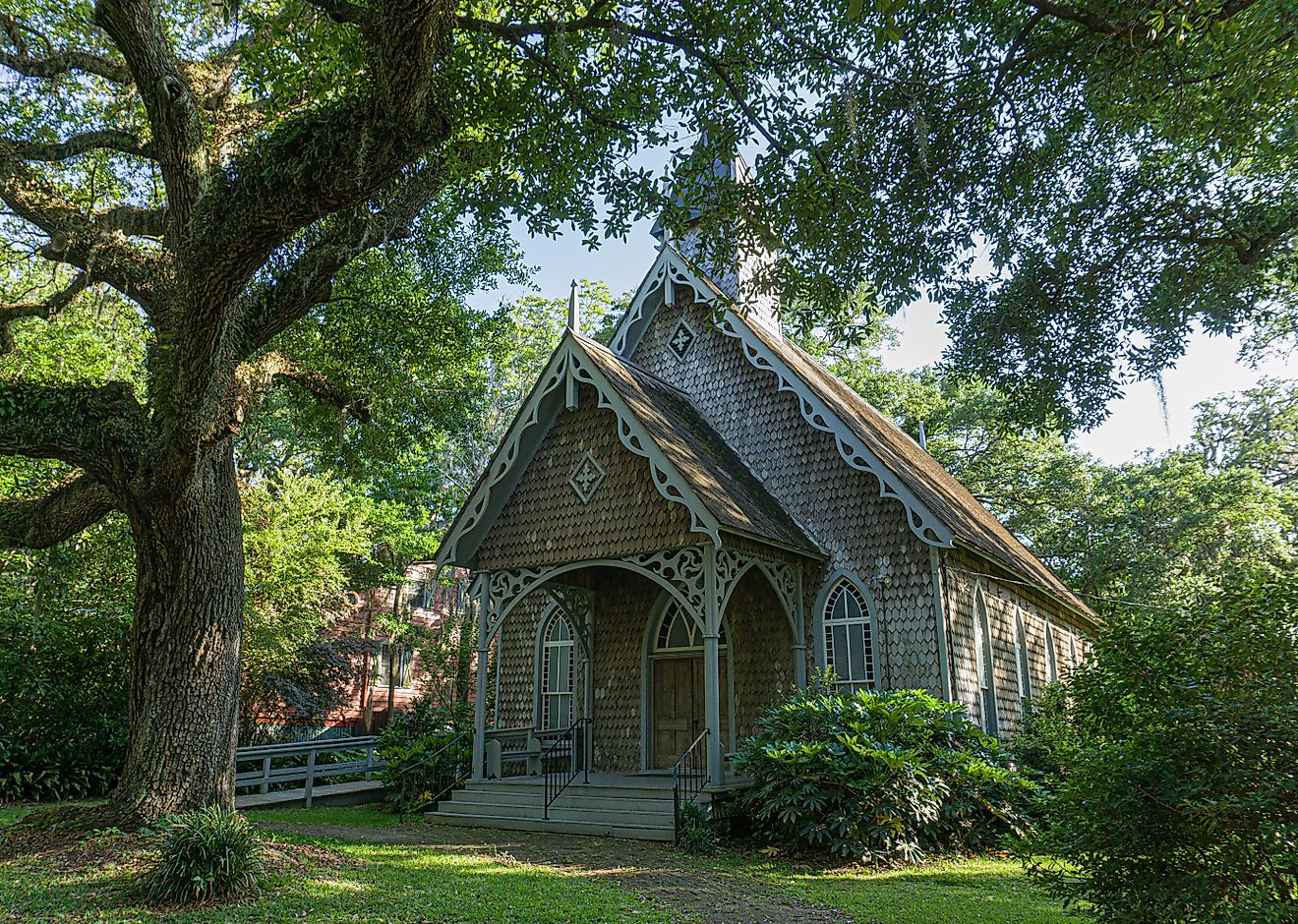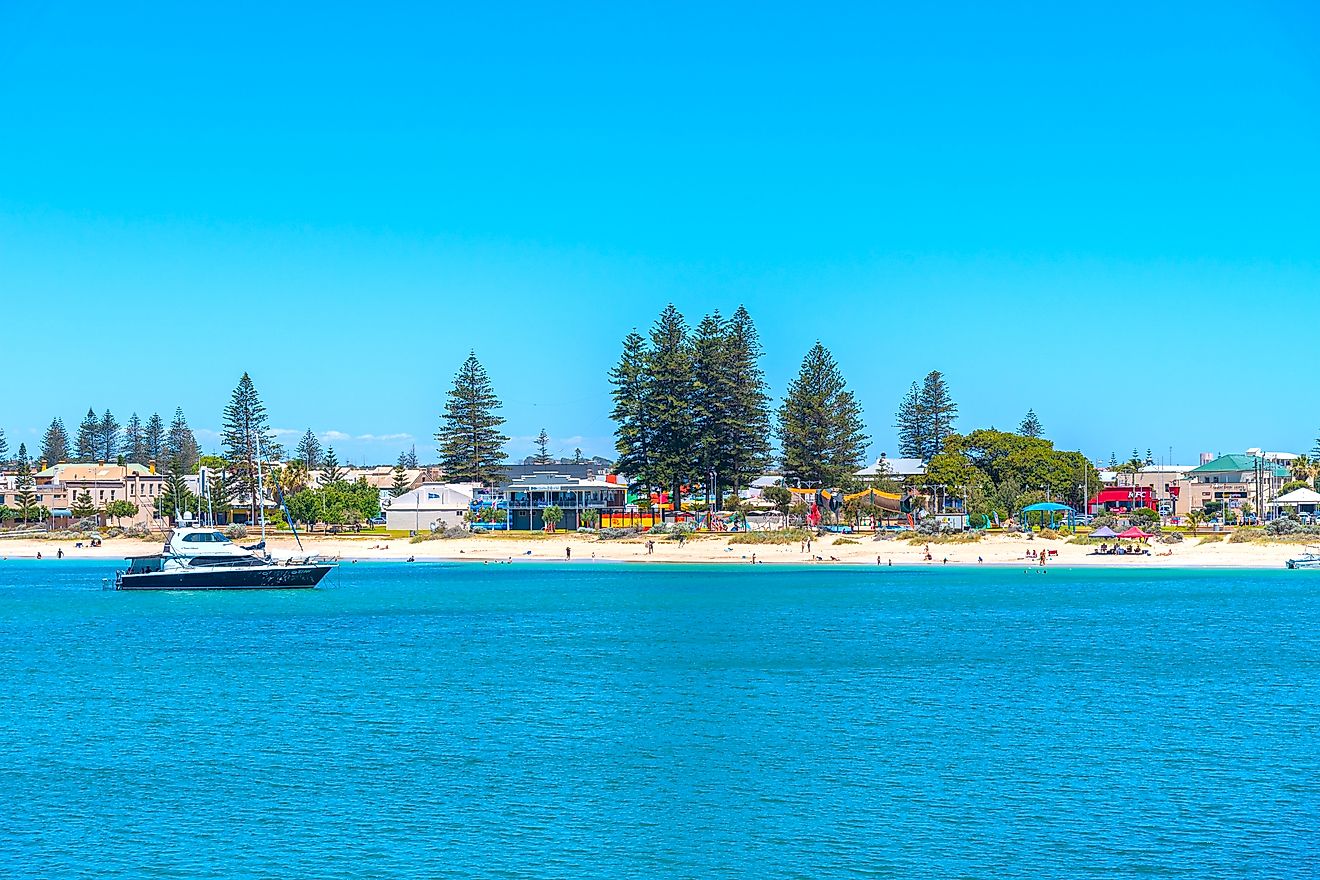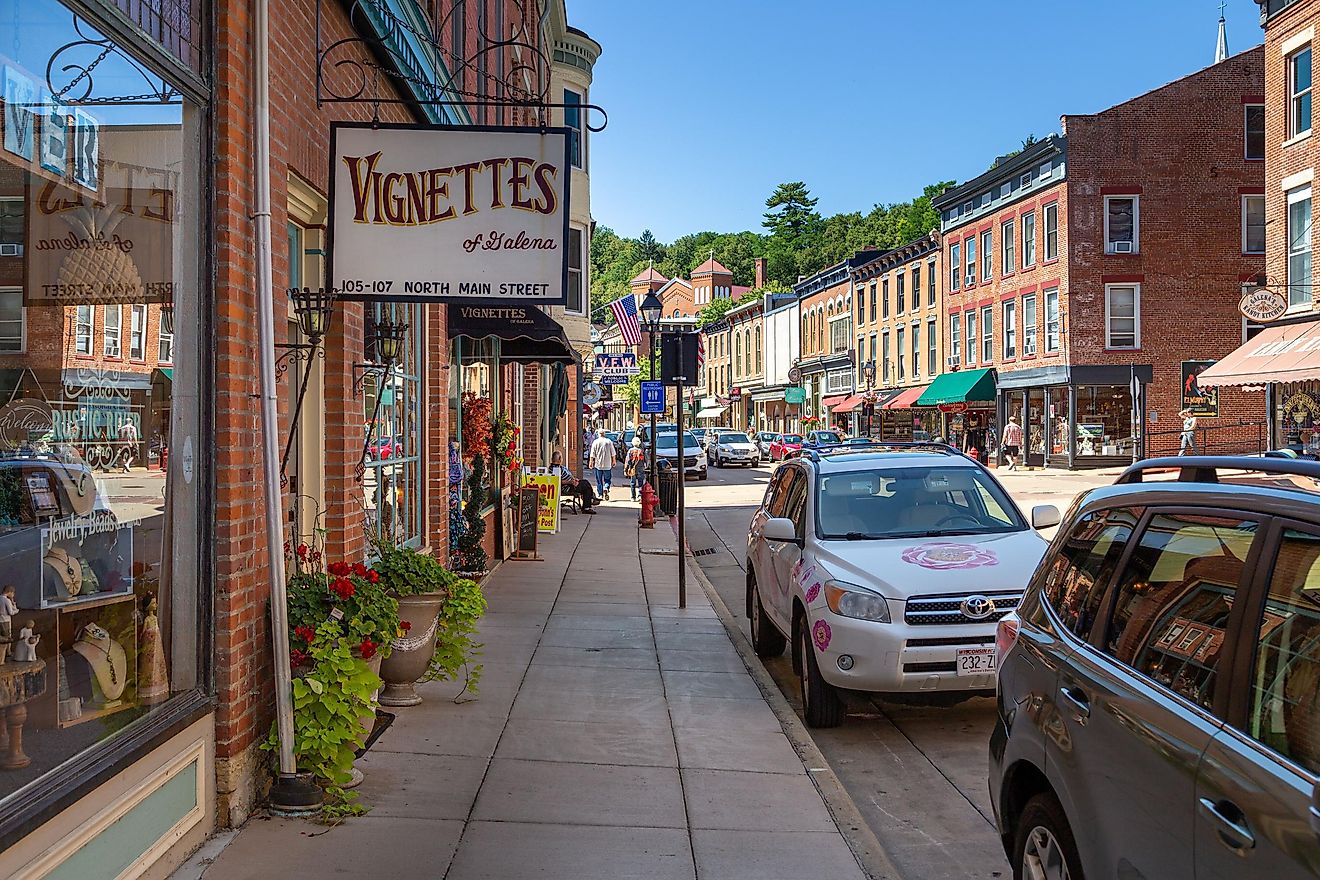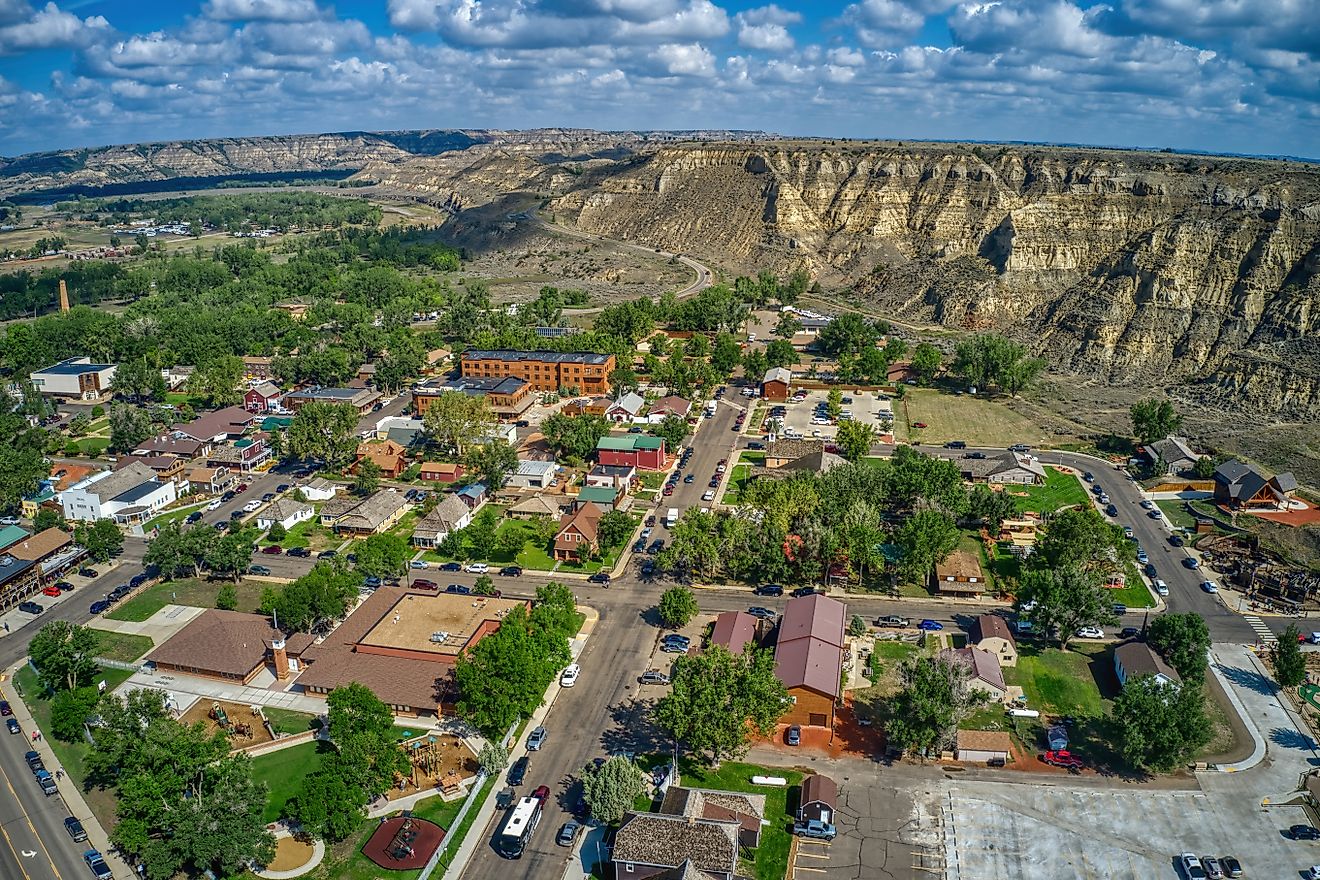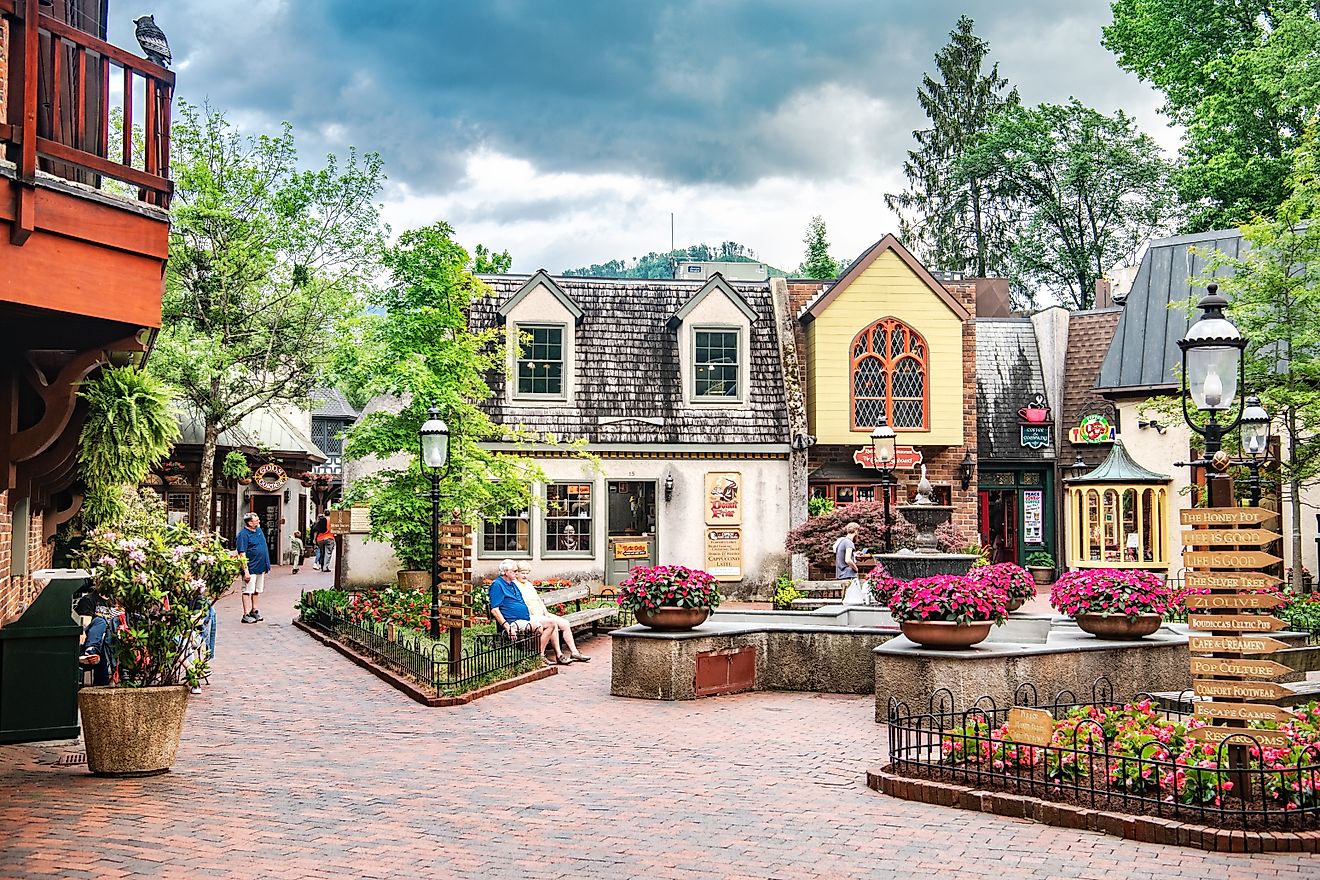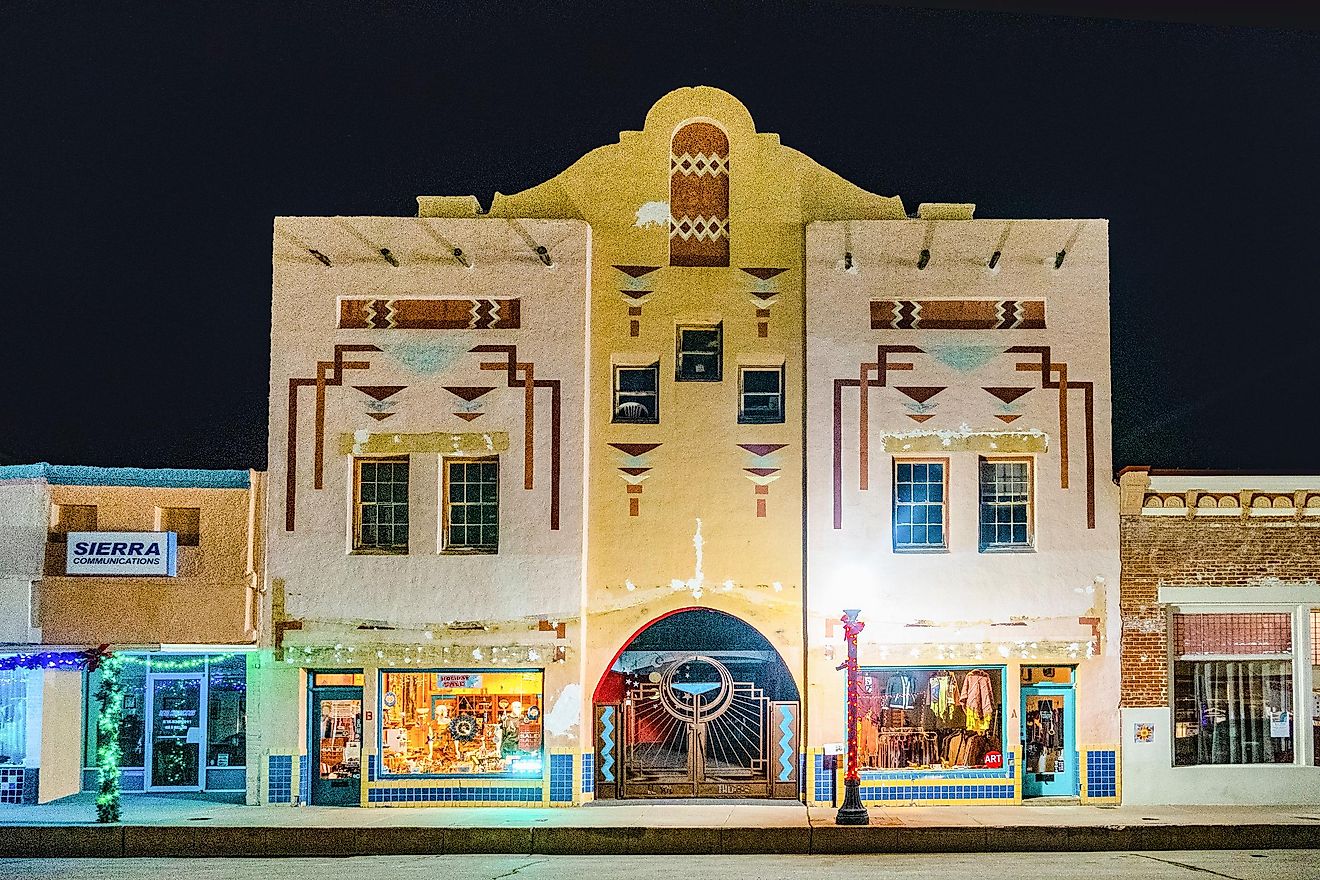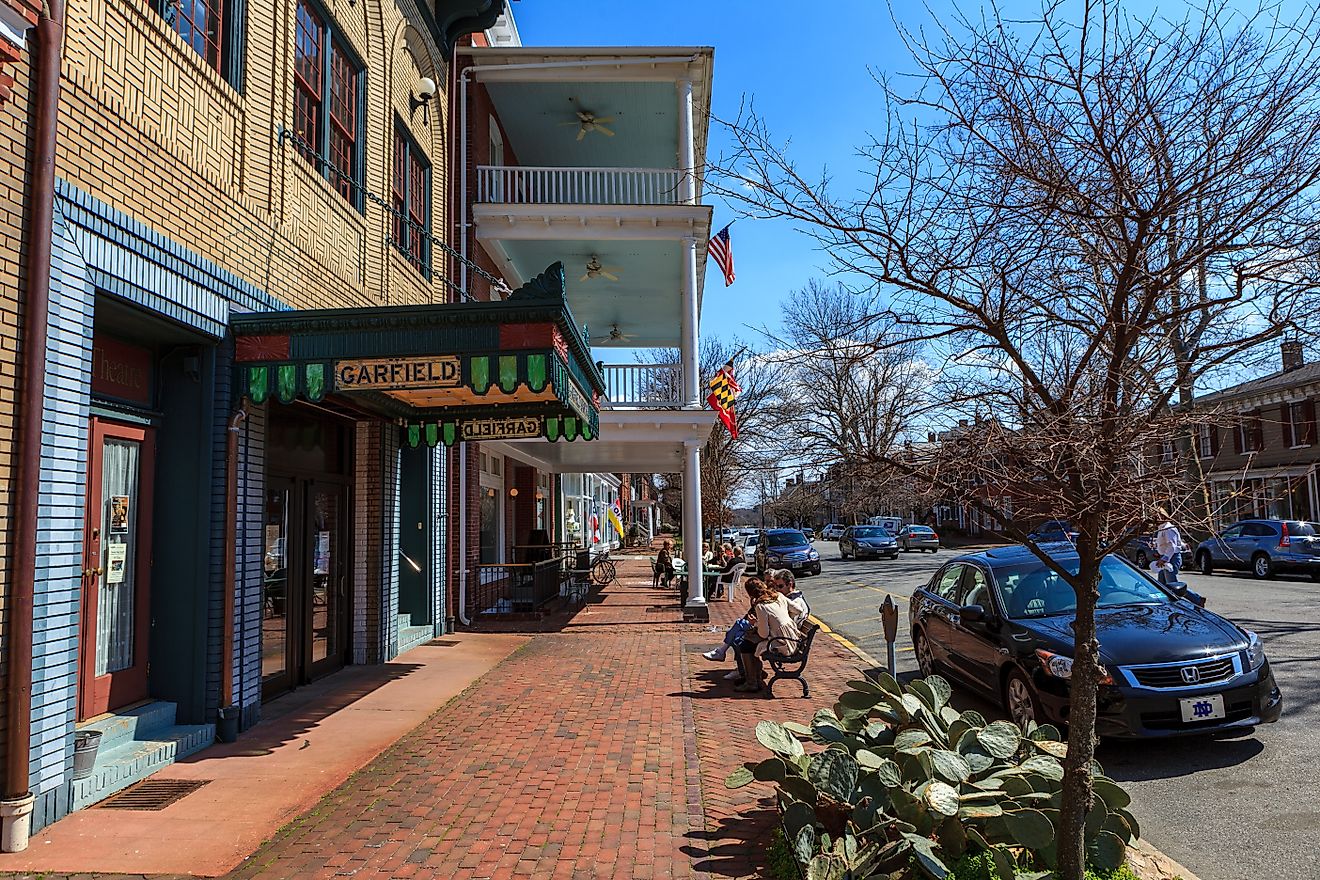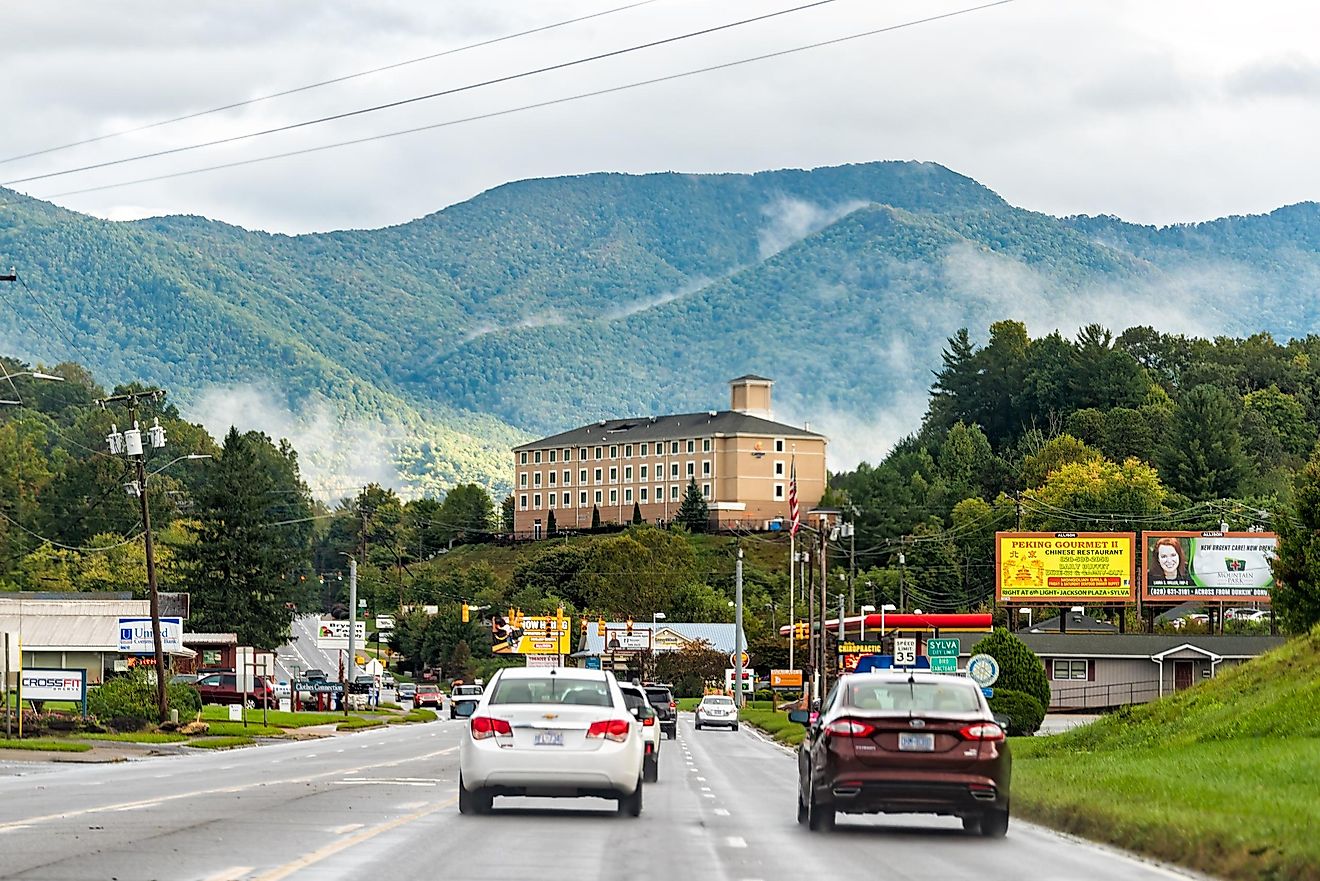
7 Most Charming Cities In South Carolina
From its largest cities to its smallest towns, South Carolina simply oozes with southern charm. So narrowing down any type of South Carolina's "most charming" list is a tall order. Limiting the task to cities helps, of course, and we have compiled a list of some of the most charming cities in the Palmetto State. Charleston, the state's most historic city, is obviously on the list, but so too are some hidden gems that you may not have considered visiting—until now! Check out our list and use it—and our article on charming small towns—to help plan your next trip to South Carolina.
Charleston

Founded in 1670 and home to about 150,000 residents today, the Atlantic port city of Charleston connects with its past more than perhaps any other city in the United States. The tree-lined streets are dotted with hundreds of well-preserved colonial and antebellum-era homes, reflecting the city's economic and cultural power prior to the Civil War. Most of this wealth and power was acquired through the slave trade, and today's Charleston has increasingly confronted this fact in how it presents its history. Facing the reality of slavery is a corrective to the over-romanticization of Charleston, but the city still has an undeniable charm as a lively modern city that remains steeped in history.
Columbia

Columbia, the centrally-located capital of South Carolina, has a population of a little under 140,000. Also home to the state's flagship university, the University of South Carolina, Columbia combines its status as a capital city and college town into a uniquely vibrant atmosphere. The city was burned to the ground during the last months of the Civil War, so it has a more modern feel than Charleston, but it still has several historic buildings and sites to explore. Sitting at the confluence of the Saluda and Broad Rivers, which form the Congaree River, Columbia offers a range of outdoor recreation options. The city is also conveniently located halfway between the Atlantic Ocean and the Blue Ridge Mountains.
Greenville

Located in the Upstate region of South Carolina, at the base of the Blue Ridge Mountains, Greenville is conveniently situated less than 150 miles away from both Charlotte and Atlanta. The city has grown rapidly in recent years, adding about 15,000 residents since 2000 to reach a population of roughly 70,000. The downtown area has rebounded nicely from its doldrums in the 1980s and 90s, with a revitalized appearance and an array of boutiques, restaurants, pubs, galleries, and museums. Furman University and Bob Jones University are in the immediate area, while Clemson University is only 30 miles away. Several nearby state parks and nature preserves take advantage of the Upstate region's natural beauty.
Mount Pleasant

At first glance, Mount Pleasant may appear to be nothing more than a suburb of Charleston that has seen explosive growth in recent decades—the population has increased from 6,000 to 90,000 in the past fifty years. Separated from Charleston by the Cooper River, the 2005 opening of the Ravenal Bridge, an architectural wonder, has furthered this growth. That said, Mount Pleasant retains much of its historic nature. One of the earliest English settlements in South Carolina happened in what is now Mount Pleasant, and the oldest historic structure dates back to 1755. The Old Village neighborhood is centered around the Pitt Street Shops, bringing historic charm and modern boutique shopping together.
North Charleston

North Charleston has always been connected to the adjacent city of Charleston—first as the site of slave labor plantations, then as the region's industrial base (including a huge U.S. Navy shipyard from 1901-1996). Since incorporating as its own city in 1972, however, North Charleston has worked to develop its own identity. Now the third largest city in South Carolina, with about 115,000 residents, North Charleston has taken advantage of tourist spillover from Charleston while also emphasizing its own waterfront location and unique history. The city has transformed the closed shipyard into a fantastic waterfront park, including boardwalks, fishing piers, and concert venues. North Charleston is also the biggest retail shopping destination in the state.
Rock Hill

Situated along the northern edge of South Carolina, Rock Hill is part of the Charlotte (NC) metro area, with downtown Charlotte located about 25 miles away. Rock Hill has experienced explosive growth along with the rest of the metro area, growing into the fifth-largest city in South Carolina with nearly 75,000 residents. Surrounded by all this growth, however, the downtown area still retains a core of mid-1800s buildings that house lively retail, restaurant, and arts scenes. As home to many college students and young professionals, the entire city maintains an energetic vibe. Rock Hill also has numerous parks and outdoor recreation options that make use of its location along the picturesque Catawba River.
Summerville

Positioned about 25 miles from downtown Charleston, Summerville has grown quickly along with the rest of the metro area, with its population jumping from 4,000 to 51,000 between 1970 and 2020. Summerville promotes itself as a quintessential Lowcountry South Carolina community, brimming with its distinct brand of southern charm and even as the birthplace of sweet tea! Known for its many gardens and floral displays, Summerville hosts the state's largest annual arts and crafts festival, the Flowertown Festival. The city is also home to a lovely and historic downtown area and is adjacent to the Colonial Dorchester State Historic Site, which preserves artifacts from the original 1696 English settlement of the area.
South Carolina does not have a large number of cities, nor are the state's cities particularly large in population. But, from Charleston on the coast to Greenville at the edge of the mountains, every city in South Carolina is a charming and lively destination that is well worth a visit. From historic architecture to beautiful gardens to natural wonders and more, South Carolina's cities practically beckon visitors to "come, sit down, and stay a while."
